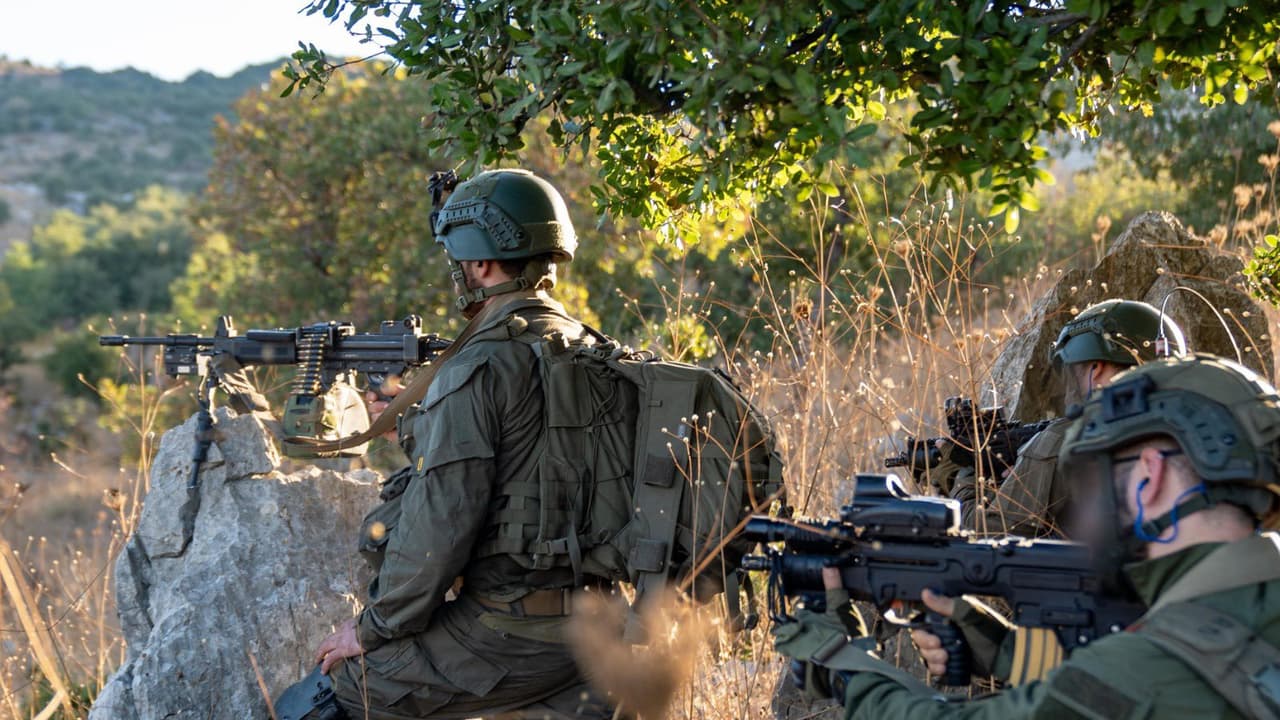Israeli reservist Natan Ruchansky has refused redeployment to Gaza, citing conscientious objection, joining a small group of soldiers opposing the prolonged conflict and advocating for hostages’ safety
After spending nearly three months on deployment in Lebanon during Israel’s conflict with Hezbollah, Israeli reservist Natan Ruchansky has refused to return to service for Gaza, declaring himself a conscientious objector.
The 36-year-old film director and father of two appeared before a military disciplinary panel last week. He was subsequently removed from his battalion and stripped of combat duties. His decision puts him among a small but increasingly vocal group of reservists who oppose Israel’s ongoing offensive in Gaza.
Ruchansky explained that while military service had long been part of his identity, he believed the Gaza war—now approaching its second year—had little to do with defending Israel’s security. He argued that the conflict was causing immense international and economic damage, along with mental and physical strain on both reservists and regular soldiers.
Meanwhile, Israel has escalated operations in Gaza City despite rising domestic and international pressure to end the campaign. Reports in Israeli media suggest that roughly 40,000 reservists are being mobilized in the initial wave. Although commanders often allow individuals to step back due to family or health pressures, open declarations of conscientious objection are rare and have, in isolated cases, led to prison sentences.
Ruchansky is also a member of “Soldiers for the Hostages,” a group of about 400 veterans formed in May 2024 in response to concerns for captives still held in Rafah. The organization held its first public gathering in Tel Aviv last week, urging reservists and active-duty troops to defy conscription orders.
At the event, fellow member Max Kresch, a sergeant and combat medic, said that the group saw refusal as an act of patriotic responsibility rather than disobedience. He noted that many of them had rushed to the frontlines after the Hamas-led assault of October 2023, but now felt that their sense of duty compelled them to oppose what they described as Prime Minister Benjamin Netanyahu’s political maneuvering at the expense of national stability.
The group has acknowledged that its numbers remain limited but stressed that its aim is not to count supporters but to offer solidarity to soldiers questioning the war’s purpose. Member Shaked Rogel explained that their efforts were meant to give voice to those who might otherwise feel isolated. To this end, the group has even launched a hotline for troops considering refusal.
Another initiative, “Reservists to End the War,” has also emerged. Unlike Ruchansky’s group, it does not explicitly encourage refusal of service but instead seeks political change. Its members have been gathering signatures for a petition demanding a halt to the Gaza City offensive and prioritizing the return of hostages.
On a recent Saturday night in Tel Aviv, campaigner Dan Gavrieli used a megaphone to encourage pedestrians to sign, emphasizing the urgency of taking action. The petition argues that only political solutions can transform the sacrifices made in the war into meaningful change—something its supporters say was the very reason they fought in the first place.
(With Imputs from AFP)
